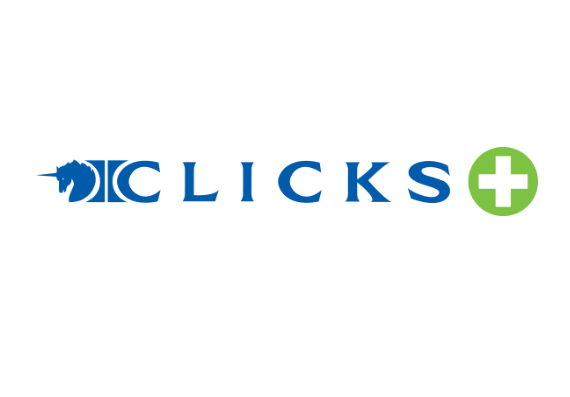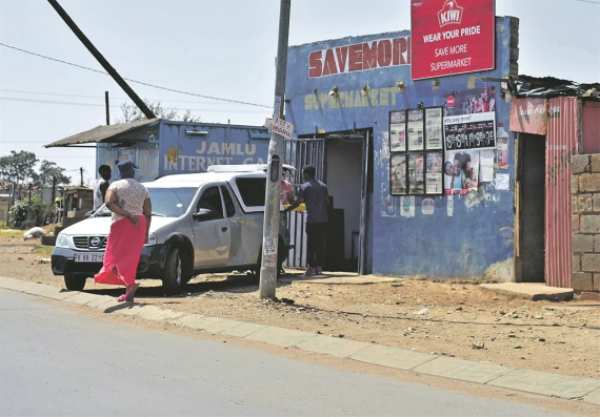What is the COVID-19 virus?
The COVID-19 virus is an infectious disease caused by a new type of coronavirus, which was first identified in Wuhan, China, in December 2019.
Coronaviruses are a family of viruses that cause respiratory illnesses (illnesses of the lungs) and include the common cold. The word ‘corona’ is Latin for ‘crown’; these viruses were named for the crown-like spikes scientists can see when viewing them under an electron microscope.
Who is most at risk of getting the COVID-19 virus?
Initially, recent travellers to countries experiencing a coronavirus outbreak had the highest risk of contracting the COVID-19 virus. These now include countries across Europe, the United Kingdom, Iran, Japan, the United States of America, and China, with more and more countries continuing to announce infections as the pandemic spreads across the globe.
But, on 15 March 2020, South Africa confirmed its first case of ‘internal transmission’, meaning someone who had not recently travelled to a coronavirus hotspot outside of the country contracted the COVID-19 virus within national borders.
On the same day, President Cyril Ramaphosa announced a state of disaster, implementing strict travel bans, closing schools and limiting all public gatherings to not more than 100 people. Active surveillance is currently in place at all ports of entry to identify cases.
‘Contact tracing’ is also being carried out to establish if those known to have been infected have passed the virus on to others with whom they have recently had contact.
These measures aim to limit the spread of the disease, which represents an unprecedented challenge to our healthcare system should it go unchecked.
As of 19 March 2020, there were 116 confirmed cases of the COVID-19 virus in South Africa.
While absolutely anyone who comes into contact with this new type of coronavirus can contract it, people with weakened immune systems, those who have underlying health conditions – such as heart disease, diabetes and lung disease – and the elderly face the highest risk of developing moderate to very severe symptoms if they get it.
As the virus spreads to different populations around the world, the picture of who is most at risk continues to change.
If you suspect you might have the Covid-19 virus, call your healthcare provider. Calling ahead prevents you from spreading – or being infected by – the coronavirus and allows your healthcare provider to direct you to the right facility.
Call the Department of Health’s 24-hour coronavirus hotline: 0800 029 999
How does the COVID-19 virus spread?
An infected person spreads the virus via respiratory droplets – tiny droplets of liquid that leave their body when they cough or sneeze. Others pick up the virus if they are close enough to inhale these tiny droplets.
You can also become infected by touching surfaces on which these droplets may have landed and then touching your eyes, nose or mouth before washing your hands thoroughly. This is why it’s so important to wash your hands frequently with soap and water, and to avoid touching your face, in order to protect yourself and others from this new and rapidly spreading coronavirus.
What are the signs and symptoms of COVID-19 virus?
According to the Department of Health, the most common symptoms are fever, tiredness and a dry cough. Some but not all infected people may experience aches and pains, nasal congestion, a runny nose, a sore throat or diarrhoea.
In most cases, these symptoms are mild and come on slowly. Some people contract the COVID-19 virus but do not experience any symptoms whatsoever. These people can still pass on the virus, which is why it’s important for everyone to practice preventative measures.
The majority of those infected – about 80 percent – recover without any special treatment. However, an estimated one in every six people infected by the COVID-19 virus will become very sick and experience difficulty breathing. In severe cases, pneumonia may develop; in critical cases, multiple organ failure may occur. Current estimates indicate that about two percent of people infected by the disease have died.
New research suggests that gastrointestinal symptoms, such as diarrhoea and nausea, may be early indicators of infection with the virus.
How is the COVID-19 virus diagnosed?
A healthcare worker will collect a sample for testing, usually by wiping your nose, mouth, or the back of your throat with what looks like a big earbud. This sample will be sent to a laboratory to undergo a polymerase chain reaction (PCR) test. According to the NICD guidelines, if you test positive, the result will be confirmed by another test. If you test negative, the test will be repeated to verify the result. It can take up to 48 hours to get a confirmed result.
If you think you might have the virus, contact your healthcare provider to find out if you should be tested and the best way to go about this. You can also call the Department of Health’s 24-hour coronavirus hotline on 0800 029 999.
How is the COVID-19 virus treated?
While there are numerous trials taking place around the world, there is no specific antiviral medication available, so treatment is currently ‘supportive’. This means that – just as with the flu – you’ll be prescribed medication to treat your symptoms until they pass. For example, you may be given medication to lower your fever. In severe cases that require hospitalisation, patients may be given oxygen to help them breathe.
Antibiotics do not treat viral infections. However, antibiotics may be necessary if you develop a secondary infection.
How can I prevent infection?
There is currently no vaccine against the COVID-19 virus, and it may be another 12 to 18 months before one becomes available. For this reason, governments have implemented containment measures, such as travel band and mass quarantines where outbreaks are identified.
There are several simple and effective measures you can take to protect yourself, your family and others from infection, including frequent and thorough hand washing, refraining from touching your face, always sneezing and coughing into your elbow or a tissue, and social distancing.
Who can I contact for more information?
Follow the advice given by your healthcare provider, the Department of Health and the National Institute for Communicable Diseases (NICD) on how to protect yourself and others from the coronavirus. Call the Department of Health’s 24-hour coronavirus hotline on 0800 029 999.
Article Source: https://clicks.co.za/health/article-view/coronavirus-faqs





